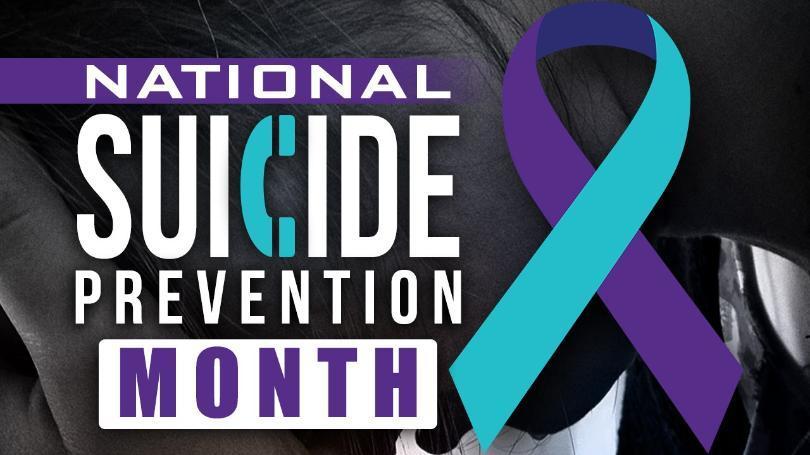National Suicide Prevention Month

by Mitchell Wittenberg, Ph.D., LP, JFS Counseling Director
September is National Suicide Prevention Month when mental health professionals, advocates, prevention organizations, suicide survivors, and allied community members come together to draw attention to the problem of suicide while working together for the prevention of this public health tragedy. According to the National Institute of Mental Health (NIMH), more than 40,000 people die by suicide each year (and in 2017 there were more than 1,400,000 suicide attempts), making it the tenth leading cause of death across all ages, and the second leading cause of death among those aged 10-24. Suicide does not discriminate—people of all ages, genders, ethnicities, and backgrounds can be at risk.
While there are a host of risk factors and potential warning signs that someone may be thinking about suicide and there is no single cause of self-harm, these are some of the most common preceding concerns, although most people struggling with such risk factors do not attempt suicide.
- Experiencing severe feelings of depression.
- Talking about wanting to die; talking a lot about death.
- Expressing that there is nothing to live for.
- Talking about feeling that they are a burden on others.
- Strong feelings of helplessness, hopelessness, or despair.
- Increased alcohol or drug use.
- Impulsive or reckless behavior.
- Marked withdrawal from others.
- Giving away treasured belongings; putting one’s affairs in order.
- Having a family history of suicide.
What can you do if you are concerned that someone you know might be suicidal? NIMH describes a five-pronged approach:
- Talk to the individual supportively, honestly and directly. While it can be anxiety-provoking to talk to someone considering suicide and one might fear that raising questions about suicide (e.g., “Are you thinking of killing yourself?”) might increase the risk of dangerous action, approaching the issue directly and empathically has the opposite effect.
- Keep the individual safe by restricting their access to potentially lethal items (like guns or stockpiled medication); don’t leave them alone.
- Listen carefully and attentively. Acknowledging the individual’s distress and their suicidal thoughts reduces the risk of self-harm. Take the individual seriously; all threats of suicide are serious—don’t assume that someone’s expressed wish to hurt themselves is a “cry for attention.”
- Help the person connect with trusted individuals like family members, close friends, clergy or trained mental professionals. Encourage them to seek treatment or to contact a doctor or therapist. Don’t debate suicide’s merits or promise to keep someone’s suicidal thoughts a secret. In an emergency, you can also call the National Suicide Prevention Lifeline (1-800-273-TALK) or 911 or take the person to a hospital emergency room for assessment.
- Stay in touch after the crisis. Suicide is reduced when one follows up with someone at-risk.
JFS’s experienced and licensed mental health professionals specialize in the assessment and treatment of a wide range of mental health issues for children, adolescents, and adults. We’re here to help. To learn more about JFS counseling services, call (651) 698-0767.
